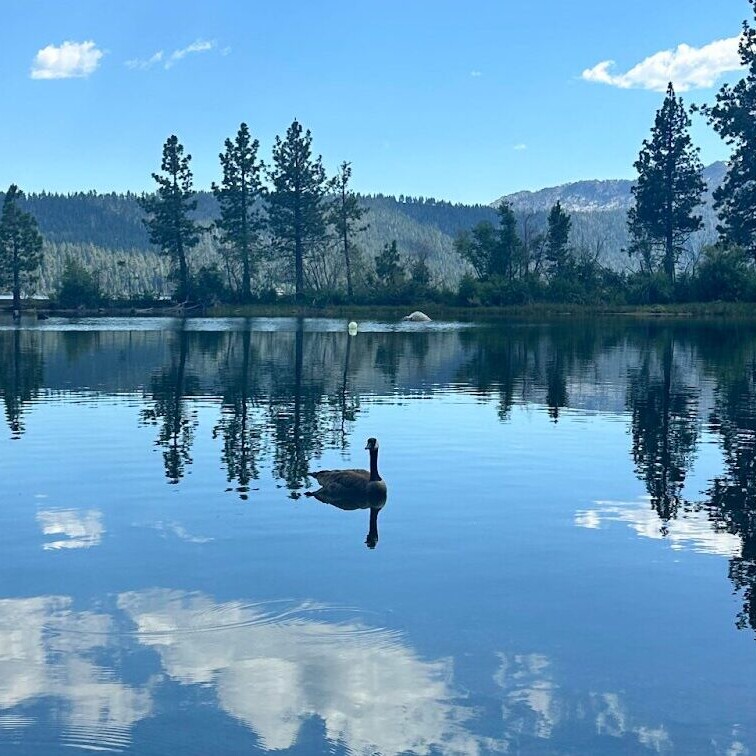By Illuminate
What follows is an excerpt from Exploring the contours of systems change: Weaving insights across Illuminate, offered by Illuminate
This is a reflective piece authored by the Learning Weaving team at Illuminate, drawing upon the many conversations, Cohorts, and work facilitated during June and December of 2022. ‘Learning Weaving’ is the term Illuminate uses to share our process to capture and pollinate learning across our network. This piece is an attempt to capture the key trends, patterns, and emerging questions that have arisen within Illuminate over the past year, by gathering insights from the many nodes and synthesizing them here.
Illuminate has created a number of ‘nodes’ in our emerging network. These include The Luminary Fund and Cohort, the Bridging Cohort, the Funders Node, River Delta systems change practitioner community, the SIGNAL Research and Mapping the field. Our efforts have been focused on bringing together people from diverse systemic practices.
The learning weaving process is led by Rachel Sinha and Tatiana Fraser, from The Systems Sanctuary and Anna Birney from The School of System Change. They have worked closely alongside the Illuminate core team; Maricela and Luis Alejandro Tapia, and have been guided by the Illuminate Steward Group.
The Evolution Of Systems Practice
The work of systems change calls for both expansion and contraction, to let go of old ways and embrace new practices; including somatic, emotional, and psychological work. It involves constellating communities in new and innovative ways, through relational organizing for change.
Collectively, we are witnessing a shift away from rigid systems frameworks and towards a more fluid and process-oriented approach, which values the softer arts of change. The effects of the COVID-19 pandemic revealed the importance of care and created the conditions to open up to deepening. During the pandemic we collectively have had to surrender to chaos and crisis while managing our own mental well-being. In a world where the deep was once perceived as ‘fluffy’, there now is an opportunity to value this work as a critical part of systemic change.
There is a calling forth for a different type of leadership and a deepening of understanding humanity, life and care. One that can be tuned into different ways of being and knowing, and at the same time connect to questions of the political and power. One where the softer embodied practices and healing arts can be legitimized, where it may be easily dismissed in the past.
“ One of the big missing pieces in systems change is attention to healing. We’re not just trying to transform and change, but we’re trying to heal trauma. Much of that trauma has to do with colonial culture and so that recognition at Santa Fe really lit us up and made us feel excited about the work in a way we hadn’t in a long time.” – River Delta Pearls of Wisdom
“Systems thinking as a practice tends to invoke stereotypes of dry and analytical maps and analytical processes. But in reality it is messy, dynamic, dialogic, and incrediblyhuman.Weknowthatfosteringtheindividualandcollectivedevelopment of systems thinking skills is crucial for navigating our increasingly complex world – and yet how do we teach the soft skills of systems thinking, let alone leadership for systemic change? – coaching for awareness-based systems change.” – Learning weaving session
“ More and more the work becomes spiritual and not analytical. How are we showing up, sensing, feeling, grieving, connecting, healing, and learning to navigate the inherent discomfort of change?” – River Delta Pearls of Wisdom
“The question came up. How is healing moving through the system? How is trust moving through the system? How is love and joy and restoration? How are those positivequalitiesmovingthroughthesystem.” -RiverDeltaPearlsofWisdom
Increased Collective Awareness Of Power And Systems Of Inequity
Systems of inequity cut through systems change work. Justice centered and integrated practices are the deep and critical practices that are required to do systems change.
New power has disrupted traditional leadership structures, redistributed power dynamics and changed who holds the reins of strategy, and where the money flows. As a result, new voices and fresh perspectives have emerged.
“ What systems get named when doing systems change work? Without naming the system you need to change. Some systems being able to maintain themselves, it’s problematic to not name the systems that need to be changed.” -Bridging Report
“We can’t build bridges without foundations…Where are we located? What is our history? We must know where we are coming from to begin this journey. We must know who we are tunneling with because we can’t see where we are going, and we need each other. “ -Bridging Report
“ How to incorporate racial equity into systems approaches? You have to start with the question of power. Racial injustice happens because of power dynamics and imbalances.” – Funders Node Research“
“We will continue to ask ourselves: What does it mean to center liberation in our practice? Navigating shifts in power and equitable representation in theory vs practice is not easy, as we’re learning here in this community as well. It’s all fractal.”- River Delta Pearls of Wisdom
Who Identifies As A System Changer?
As the field of systems change continues to evolve, there is an increasing need for fluidity and accessibility in who can identify as a system changer. This includes the recognition of various cultural contexts, systems of oppression, and levels of awareness of systemic issues in the public. The theoretical foundations and opportunities presented by the communities of practices in different areas are also crucial in shaping the roles and contexts of system changers.
With the formation of nodes and networks in different cultural contexts, there are new connections and rich opportunities for learning across differences. These networks connect systems leaders and provide a platform for the exchange of ideas and experiences. As a result, the field of systems change is becoming more diverse and inclusive, reflecting the complex and interconnected nature of the issues we face.
“ People who bridge are doing systems change work, but they might not call it that.” – Bridging Report
“ People who are bridging and who are working from community, experience or from marginalized contexts, are systems leaders in their own right but are often not invited to ecosystem convenings and have few opportunities to share their perspectives in large systems change projects. When they do, they share that they often feel tokenized and that these initiatives are not addressing and risk perpetuating the inherent discrimination they are seeking to change.” – Bridging Report
“ The project I am working on is bridging at the intersection of racial justice in the US. What are you naming around who? Who gets to name what systems change is, who gets to say that ‘I am a system change person’, who gets to say these are the frameworks, folks that are explicitly changing systems, housing, legal, racial justice, socialjusticefolkstohavethatconversation” – BridgingReport
“ Do we speak the language of the dominant group, or do we use a new language? So my point here is that I think we need to call it, we need to demand, we need to change the jargon. This is my opinion, we don’t use the old system, because we’re always going to be caught in it in that framework. And that philosophy, words shape how we think. So if we use the same words, people will not see the new vision, they will always revert automatically, unconsciously to the old framework. So but by using new terminology, drawing new diagrams, we are forcing people to be uncomfortable, we are forcing people to think outside the box.” – Bridging report





